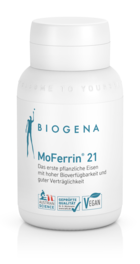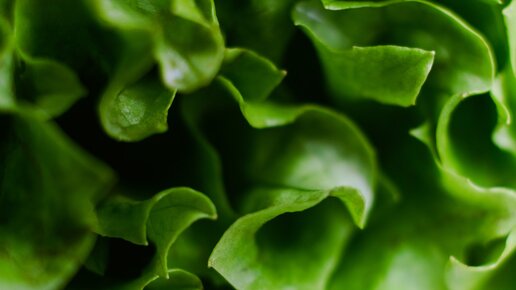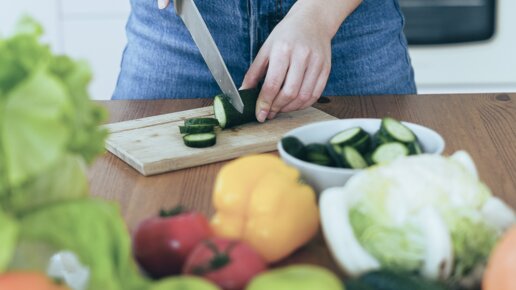Generations of women used to be aware of the importance of iron. In recent years, awareness of this trace element has been overshadowed by more popular nutritional issues. Nonetheless, iron continues to have global relevance – and not just for women of childbearing age. True to the motto "the more the better", high-dose iron salt preparations are often used to increase low iron stores. However, these "iron bombs" are associated with gastrointestinal side effects for 10-40% of those who take it. Low dose (physiological) amounts are tolerated by most people. But are they effective or just a drop in the bucket? An Austrian observational study has got to the bottom of the issue and shows that considerable success can be achieved with low-dose vegetable iron.
Studies showed that the body increases the uptake rate in the intestine from 10% to 20-40% in people with low iron stores. As a result, two Austrian scientists asked in May 2017 if they could take advantage of this endogenous mechanism and fill the body’s iron stores with low but well-tolerated quantities of iron. They recruited 26 women, aged 20 to 78 years, for the three-month observational study. All participants showed decreased hemoglobin (Hb ≤ 12 g/dl) or iron storage value (ferritin ≤ 30 ng/ml) and were therefore allowed to participate in the three-month intervention by taking 14 mg of herbal iron daily under medical supervision. The scientists chose a herbal iron preparation (MoFerrin® 21) as the source of iron. Plant-based iron, similar to iron from animal sources, is available in bound form and is absorbed via a special transport mechanism. In addition, previous observational studies with 63 mg and 103 mg of iron per day demonstrated good efficacy of plant-based iron (MoFerrin®).
At the end of the three-month observational study, iron values were determined again; a questionnaire was used to track the tolerability of the preparation as well as subjectively perceived health changes. It was shown that the intake of only 14 mg of vegetable iron per day led to a 4.8% increase in mean hemoglobin values from 12.4 to 13.0 g/dl, as well as to a reduction in transferrin values from 348.7 to 301.0 mg/dl and to a 64.7% increase in ferritin levels from 22.6 to 37.2 ng/ml, both of which can be regarded as favourable. Only one of the 26 participants reported a side effect (constipation) and therefore reduced the dosage by half. Regarding subjective changes, it was particularly noticeable that half of those affected reported a reduction in tiredness and fatigue at the end of the intervention. More than a third of the participants perceived a positive influence on their energy metabolism.
Iron tolerance: The amount makes the difference
When iron stores are low, our body can increase iron utilization in the intestine. Even low iron doses use this mechanism to replenish low iron stores. At the same time, the ingestion of low doses of vegetable iron is not only effective but also tolerable, offering a good alternative to the usual high-dose iron compounds. So when it comes to the issue of iron uptake and storage, many hard and fast principles should be thrown overboard.
Effectively building up low iron stores
You can find information about iron and herbal, well-tolerated iron preparations in the iron category of the Biogena Webshop









